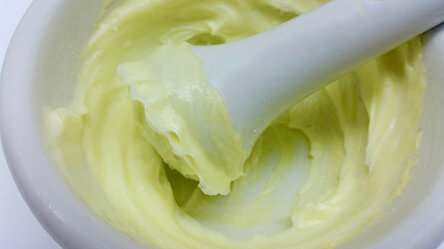
Pharmaceutical compounding is the formulation of customised medication. Compounded medications are made by combining individual ingredients in the exact strength and dosage form required by the patient and their own unique needs. These medications are generally prescribed by doctors, and some are available over the counter.
Almost any medication can be compounded. Compounded prescriptions are intended for patients that require customised medication. Delivery vehicles that are often used for compounding include:
Chronic pain can be treated using a customised formula to suit individual needs in form of creams, gels, ointments, sprays, capsules, and others to avoid undesirable side effects.
Benefits include carefully selecting the right moisturising agents, non-irritating bases and hypoallergenic products to treat your concerns based on your skin type. Compounding solutions for dermatological concerns come most often in the form of creams, ointments, gels, sprays, topical powders and shampoos. Medication for acne, rosacea, eczema, psoriasis or even cosmetic concerns such as fine lines and deep wrinkles can be made.
Pediatric compounding gives the ability to completely customise the medication for your child’s unique taste preference and condition in mind, whether that includes being preservative-free, dye-free, sugar-free or any other customisation that may be required. The medication can be delivered in a more child-friendly compounding solution such as gummies, troches, lozenges, lollipops, oral liquids and more.
Dry mouth and lower dose, are very important in the elderly. Geriatric compounding solutions come in many different vehicles such as oral liquids, creams, ointments, gels, rapid dissolving tablets, injections, suppositories and more.
Hormone levels cause symptoms ranging from weight gain/loss, mood changes, hair loss and everything in-between for both men and women. Compounding allows for the appropriately prescribed treatment to be completely customised based on the patient’s hormone levels, symptoms and health concerns where medication that is commercially available may not be able to address or be suitable to their needs. The most prevalent HRT compounding solutions are creams, gels, troches, lozenges, drops, injections, capsules, vaginal suppositories and rapid dissolving tablets.
Most medications are manufactured with intended use in humans rather than animals. While the drug itself might still treat your furry friend, it is the other ingredients, the inactive ingredients, which can sometimes be toxic to your pet. Compounding allows for the most appropriate medication therapy by taking into account the unique habits and taste preferences of your pet. When dealing with veterinary compounding, the most popular compounding solutions are oral pastes, creams, ointments, gels, oral liquids, chewable treats, capsules and powders.